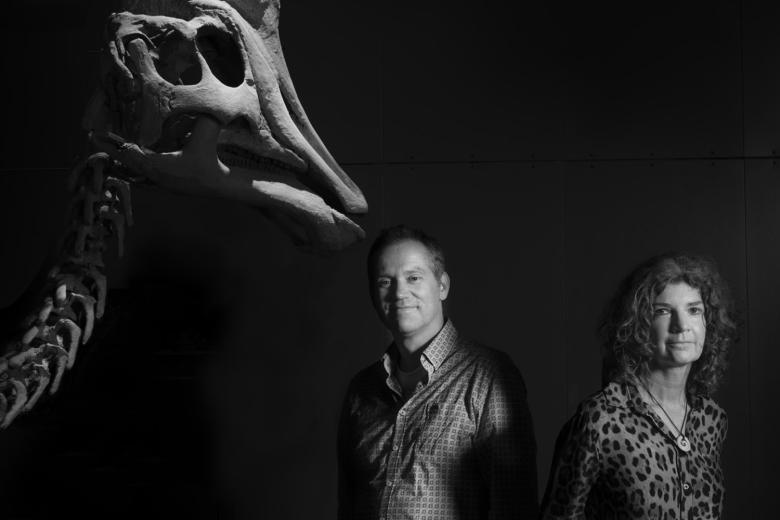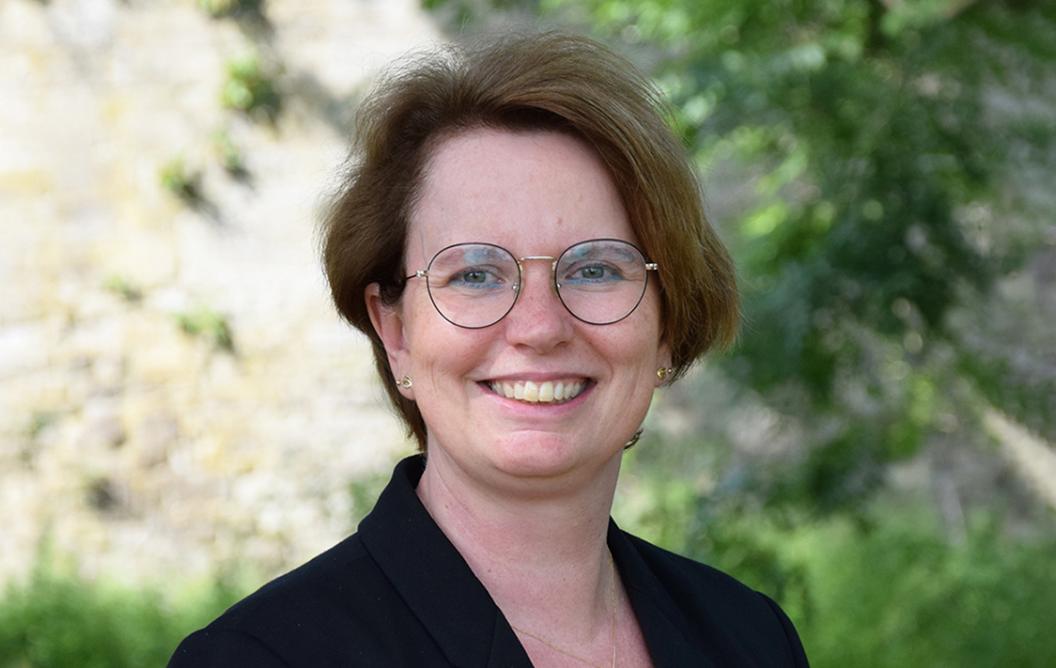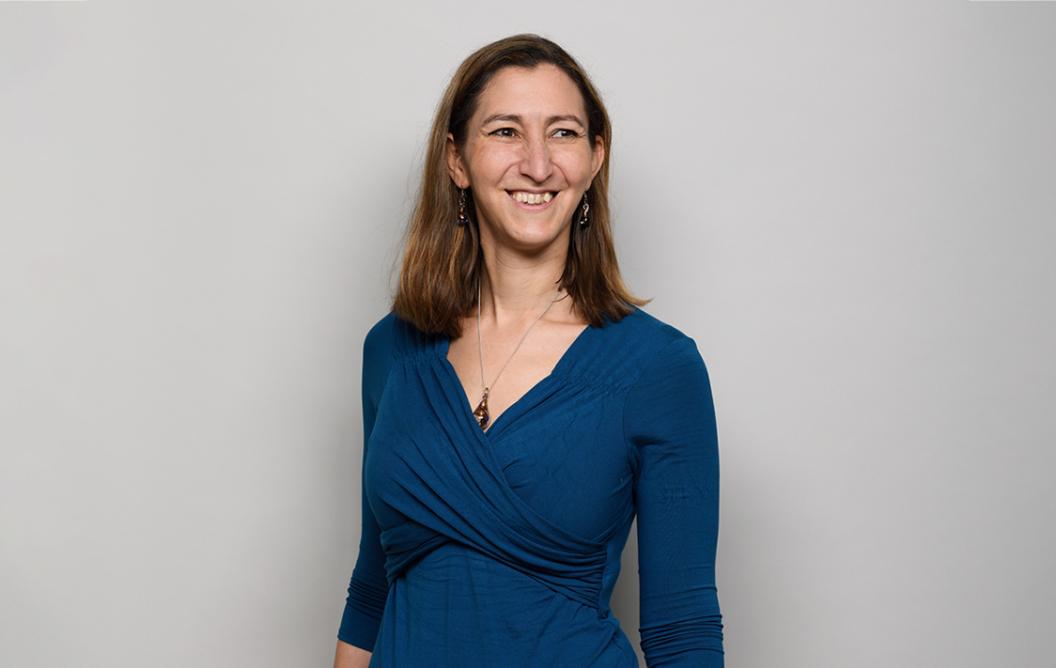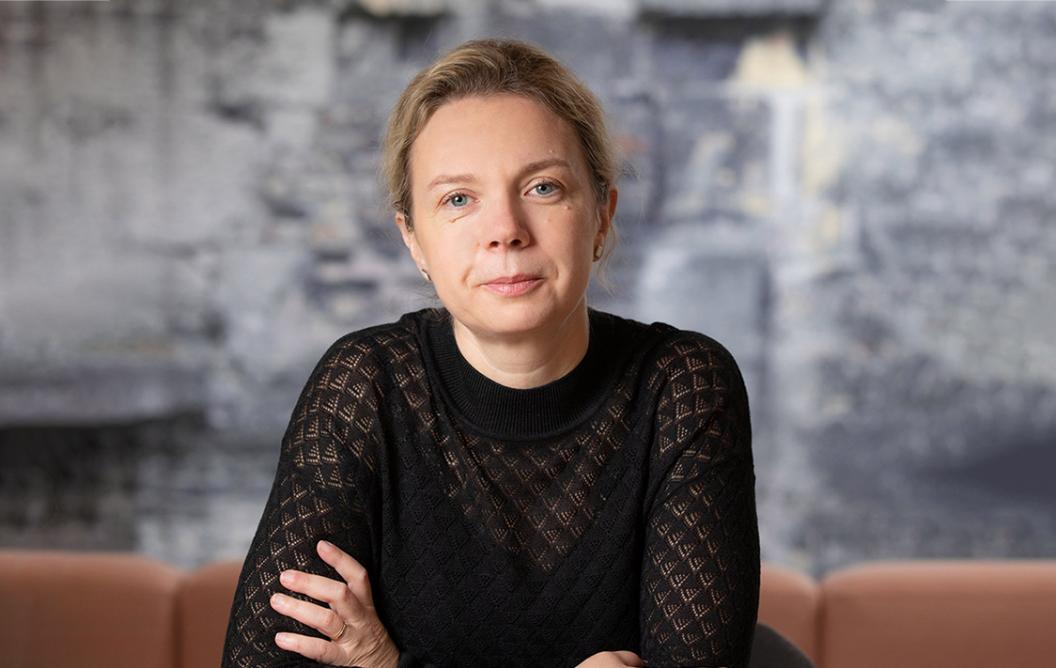Meet our women in science
On International Women and Girls in Science day we like to highlight some of UM's women in science.
“How sustainable is it? That is the question”
Professor Yvonne van der Meer is investigating how companies can improve the sustainability of their products. She analyses every material, exposing the lifecycle in its entirety. “Everything has an effect, even additives such as dyes and plasticisers.”
More fish for the food bank
Can we make food bank customers happy with bycatch? Madhura Rao, researcher at Maastricht University, wanted to know whether donating excess caught fish to food banks would be a welcome addition to the packages and contribute to reducing food waste. It seems like a nice win-win situation, but her research shows that there are some snags to such a construction.
ROBUST and reliable: UM part of 10-year AI research programme
Professor of Explainable Artificial Intelligence Nava Tintarev will be a co-investigator and chair for the integration of humanities and social sciences in ROBUST, a consortium applying for an NWO grant with a total budget of 95M (25M from NWO) to carry out long term research into reliable artificial intelligence (AI).
Freedom to experiment
On 1 February, MERLN’s Scientific Director Pamela Habibović succeeds Rianne Letschert as rector of Maastricht University (UM). As she prepares to move to her new office, the professor of Inorganic Biomaterials talks about her engineering mind-set, how interdisciplinarity is crucial but far from easy, as well as her dedication to openness, creativity and experimentation.
About international women and girls in science day
Science and gender equality are both vital for the achievement of the internationally agreed development goals, including the 2030 Agenda for Sustainable Development. Over the past decades, the global community has made a lot of effort in inspiring and engaging women and girls in science. Yet women and girls continue to be excluded from participating fully in science.
In order to achieve full and equal access to and participation in science for women and girls, and further achieve gender equality and the empowerment of women and girls, the United Nations General Assembly declared 11 February as the International Day of Women and Girls in Science in 2015.
Also read
-
“How sustainable is it? That is the question”
Professor Yvonne van der Meer is investigating how companies can improve the sustainability of their products. She analyses every material, exposing the lifecycle in its entirety.
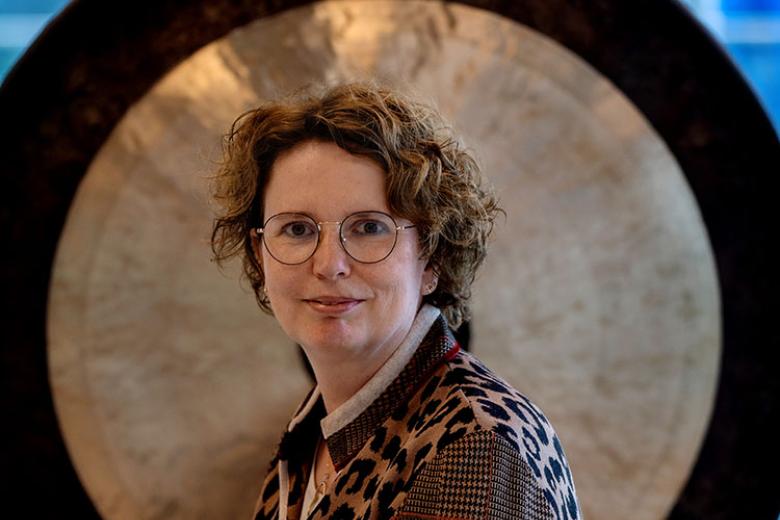
-
From instrumentation physicist to socially engaged scientist
Gerard van Rooij, professor of Plasma Chemistry, was the first PhD candidate of Ron Heeren, university professor and director of the M4I institute. Together they reflect on a pioneering period in which they took the first tentative steps in the development of imaging mass spectrometry.
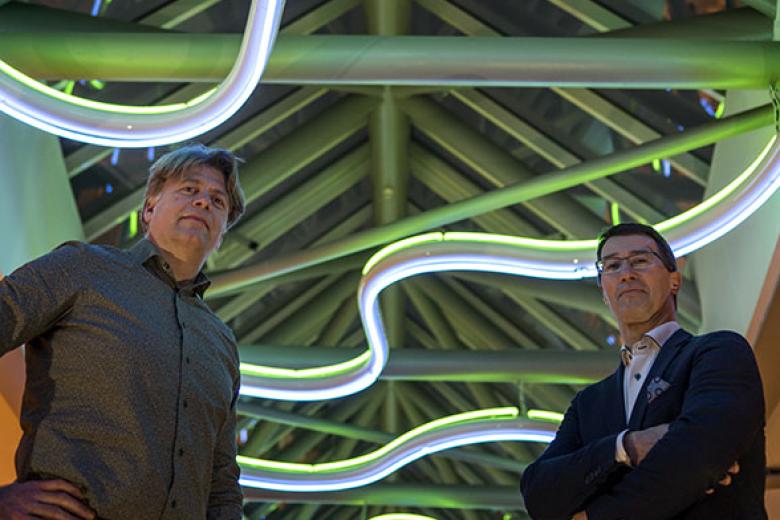
-
Is time on our side?
Until recently, palaeontology and evolutionary biology were not among the key disciplines at UM. This is set to change, say the newly appointed professors José Joordens and Leon Claessens.
